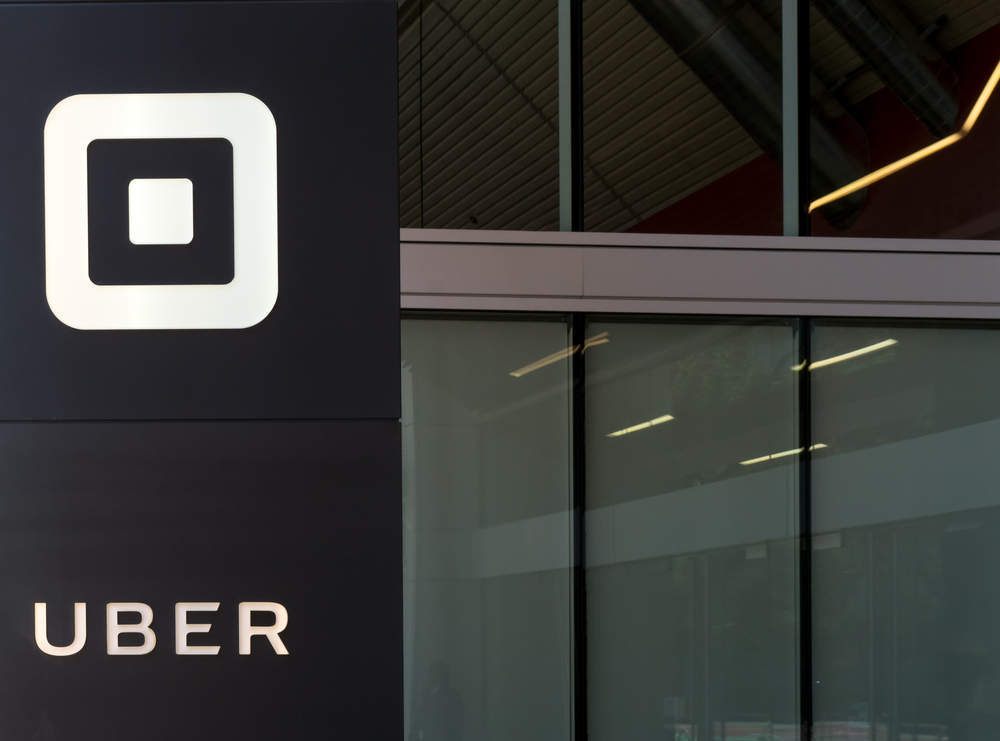
Uber’s chief people officer has become the latest casualty of the alleged discriminatory culture within the popular ride-hailing company, but who is Liane Hornsey?
Hornsey joined the company in January 2017, taking up the chief people officer position. However, she has been forced to resign from the role after just over 18 months as the head of Uber’s human resources department.

Access deeper industry intelligence
Experience unmatched clarity with a single platform that combines unique data, AI, and human expertise.
This follows a probe into how she handled complaints of racial discrimination against employees of colour within the Uber workforce.
Part of Hornsey’s role was to promote diversity and discourage discrimination within the company. However, according to Reuters, an insider previously claimed that that Hornsey had dismissed any complaints of racial discrimination at Uber.
Hornsey gave no reason for her resignation. Likewise, chief executive Dara Khorsrowshahi spoke positively when announcing her departure via a company-wide email. However, reports claim that Uber directors demanded behind closed doors that she quit. This followed an investigation by one of Uber’s external law firms into her behaviour.
So who is Liane Hornsey?
Hornsey is a seasoned figure in the business world. She has held executive roles at some of the world’s biggest companies for more than two decades.

US Tariffs are shifting - will you react or anticipate?
Don’t let policy changes catch you off guard. Stay proactive with real-time data and expert analysis.
By GlobalDataShe first started her business career in various sales and business development roles around Europe.
Her first executive position was with German media company BMG Music, now the world’s third largest music publisher, where she served as chief operating officer.
From there she moved into human resources positions. She worked as the chief human resources officer at NTL (now Virgin Media) and package holiday provider Last Minute.
By 2006, Hornsey had built up enough experience to try her luck in San Francisco’s rapidly growing tech scene. There she began working with the major corporations that had emerged out of the Dotcom bubble. She joined Google in January 2006 as vice-president of global people operations.
She held that role for nine years, before she switched to the Global Business Organization division. However, her desire to work with people seemingly brought her decade-long spell with the search giant to an end.
After ten months in the role, she departed to become the chief administrative officer at SoftBank, a Japanese conglomerate with stakes in many of the world’s biggest tech companies. SoftBank currently holds stakes in Uber, Alibaba, Sprint, Didi Chuxing and robotics leaders Boston Dynamics.
After a little over a year with the company, she transferred to Uber to become chief people officer.
What does this mean for Hornesy and Uber?
The problems at Uber have seemingly cost Hornsey her job. Likewise, the case against her will undoubtedly lead many to scrutinise her two decades of experience. This could in turn cause irreparable damage to her career.
It seems that former Uber executives that have quit or been pushed out of the company as a result of its numerous incidents and scandals have had mixed results in their attempts to find new roles.
According to her LinkedIn profile, Sally Yoo, Uber’s former chief legal officer who departed late last year amid a number of fresh lawsuits against the company, has yet to move into another role. Likewise, Emil Michael, former senior vice-president of business, appears to be in a similar position. He resigned shortly before the company released the results of an investigation into its operations.
On the other hand, Uber’s former top London executive Jo Bertram is now the chief digital and strategy officer at telecommunications company O2, while Joseph Spiegler, Uber’s former head of compliance, is working as a consultant to tech startups.
Whether this is her own doing, or a result of wider issues at Uber is unclear. However, it is reassuring at least that Uber has taken action. This follows its lacklustre handling of issues, such as its failure to obtain vital documents from its drivers, or response to serious crime cases such as sexual assaults committed by its drivers, last year.
Uber is attempting to clean up its act after threats of increased regulation on Silicon Valley from those in Washington and London’s decision to reject the company’s application to extend its taxi licence in the city, a decision which has since been overturned. However, this also suggests that Uber’s issues are still far from resolved.







